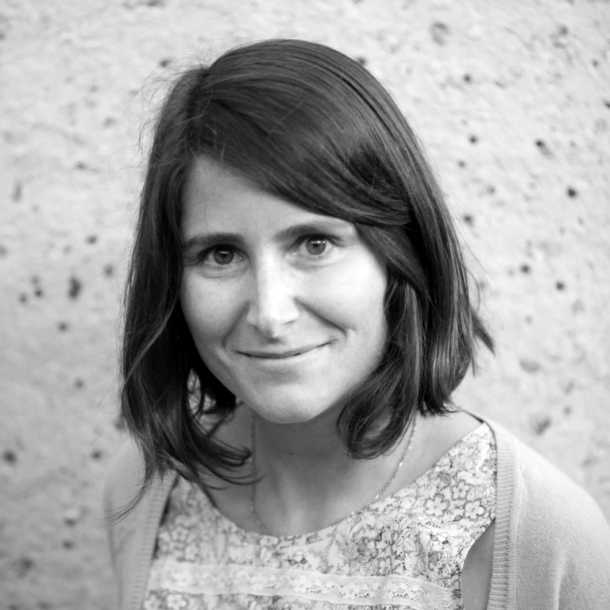Through economic downturns, changes in career direction and a lot of hard work, Macarena de la Vega de León has discovered that the best way to tackle each challenge is to surround herself with good people and ‘just keep swimming!’

Macarena de la Vega de León
Macarena de la Vega de León is a postdoctoral research fellow at the Australian Centre for Architectural History, Urban and Cultural Heritage (ACAHUCH).
When I started studying architecture back in Madrid, my extended family thought I would be rich and successful. I made it into one of the most prestigious and competitive schools in a country still surfing the wave of a construction boom.
My degree (pre-Bologna) was complete with subjects ranging from soils and foundations’ calculation, to structural and utilities design, in addition to history and theory courses and the perennial and constant design studio. We basically learned a little of everything and not much of anything.
By 2010, when I finished my degree, the GFC had proven my family wrong, and as had been the case with many architects graduating in times of previous economic crisis, I moved to research and continued studying. My family took some time to understand why I had studied architecture if I did not want to build.
I had worked in two architectural firms prior to graduating and did not really enjoy the job as much as I liked reading and writing about architecture. For a while, the question my godfather repeatedly asked me was: “What are we studying now?” He had a point. I was a university student from 2002 to 2018. My architectural training has shaped my research practice, and for the last six years I have been paid to do what I love most: read, think and write about architectural history. Did I need an architecture degree to do this? Absolutely!
Shortly after graduating, I received a call from my school, with a short phone survey about what my job was at that time (full-time Master’s in research student, part-time English teacher of very young learners and private tutor of teenagers) and how my degree had helped me get there. And the answer was quite clear: hard work.
You do not get an architecture degree by superficially engaging with courses. People drop off and change degrees if they are not passionate and don’t work hard for it. And that is a skill that can take you far, regardless of where your passion lies.
But please, let us not confuse working hard with overworking or with working to a degree that becomes a risk for your physical and mental wellbeing. There is a difference – finding that balance, always necessary, is especially important in the current circumstances. No job that you may currently hold, despite the threat of losing it, is worth your health and your personal life, whatever form that takes in your case.
This year is deeply shaking our core values and beliefs, and if you are a graduate of any degree (and here I have in mind dear friends finishing their PhDs as I write), I just have one piece of advice: “Just keep swimming”. Try to make the best of the circumstances. Surround yourself with people who will help you swim – and those who you can help swim – and take good care of yourself. It will pass, and you need to be in the best position possible when that happens.
Working hard (again, while learning how to take care of my physical and mental health) took me 17,500 km away from home. As the year (and my current job) ends, who knows where it will take me next? Or you? Whatever opportunity we are given next, we will work hard at it.
And, in the meantime, just keep swimming.




















